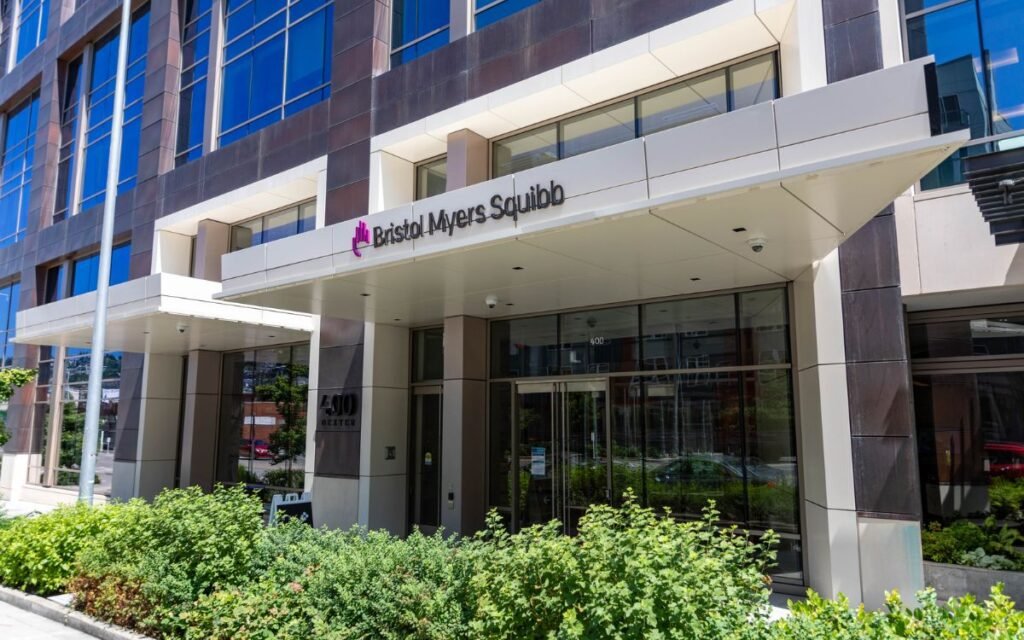Bristol Myers Squibb (BMS) is addressing concerns about its underperforming new products, expressing confidence in their future success. The company’s new products, including Reblozyl, Opdualag, Breyanzi, and Abecma, generated $928 million in Q3 revenues, surpassing Q2’s $862 million. Although the initial 2023 revenue projection was slightly tempered due to Abecma’s challenges, BMS aims for these drugs to collectively generate over $10 billion in sales by 2026.
BMS reported Q3 revenues of $11 billion, with a 2% year-over-year decline attributed to competition from generics impacting Revlimid sales. Abecma’s sales were affected by “in-class competition and dynamics with bispecifics” in late-line multiple myeloma, prompting BMS to expand manufacturing and provide real-world data to doctors.
Also Read: Bristol Myers Lowers The Company’s 2023 Revenue Forecast For Revlimid By $1 Billion
While Zeposia is performing well in multiple sclerosis, access issues in ulcerative colitis require continued focus for future growth. The incoming CEO emphasized BMS’s commitment to underperforming products, reorienting resources to ensure their success.
The company’s strategic acquisitions, including the recent $5.8 billion purchase of Mirati Therapeutics, are intended to drive growth as anticoagulant Eliquis and cancer medicine Opdivo face eventual patent expirations. Eliquis and Opdivo remain strong performers, with Q3 revenues of $2.7 billion and $2.3 billion, respectively. Opdivo’s international growth is notable, driven by demand in various indications, including first-line lung cancer.
BMS remains confident in its new product portfolio, with a focus on when, not if, these drugs will meet expectations.





























